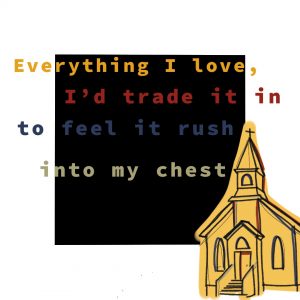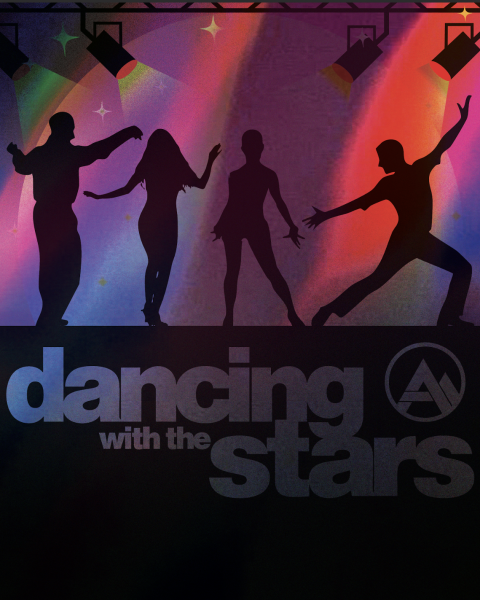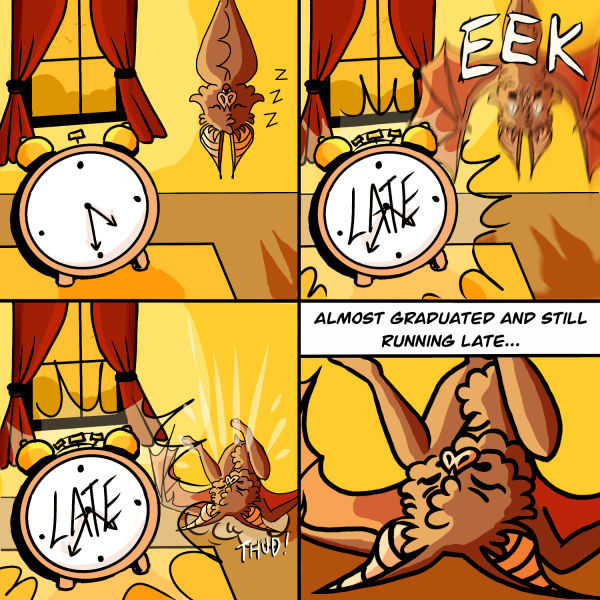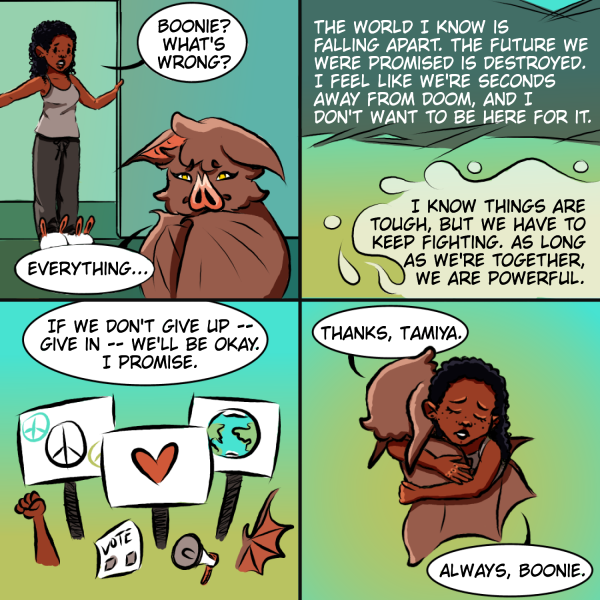On Record: “folklore” review
March 17, 2021
The 63rd Grammy Awards took place Sunday night in an adjusted, COVID-safe fashion, signaling a goodbye to the large extravagant crowds in Staples Center and hello to mask-coordinated outfits and a smaller outdoor awards venue.
Taylor Swift was one of many who showed up at the dialed-down ceremony, walking on to the red carpet with five Grammy nominations for that night.
While she walked out of the event with only one Grammy, the “cardigan” singer took home one of the night’s biggest awards.
“Folklore,” Swift’s eighth studio album released back in July, was awarded album of the year. The album beat works from artists such as Dua Lipa, Post Malone and Jhené Aiko.
It’s fitting that “folklore” was awarded album of the year at an event that adapted and persevered through COVID so drastically. Swift created the entire album during quarantine, working with collaborators and producers while never even being in the same room.
From the comfort of her own home, Swift crafted a fantasy world. Riddled with nostalgia and vulnerability, Swift’s acoustic and folk-inspired change of pace makes way for the magic of “folklore” to shine brightly through.
Starting off the hour-long album, “the 1” is a catchy, mellow tune that reflects on a failed relationship, admitting, “We were something, don’t you think so?”
Many of the tracks throughout the album are reminiscing about past love. “Cardigan,” “august” and “betty” all tell the story of a young love triangle, each song from the perspective of a different person.
Swift’s songwriting choice to create songs about people other than herself is one of the most memorable aspects of “folklore.” It sets up a truly unique listening experience, immediately sucking the listener into Swift’s fantasy world.
On the hauntingly beautiful ballad “my tears ricochet,” Swift sings about a tormenter relentlessly trying to bring harm to someone. Swift’s powerful vocals echo throughout the track as strings emphasize the painful trauma that the lyrics touch on, making it one of the most powerful tracks not just of the album but also of Swift’s entire discography.
“Seven,” one of the calmer, more peaceful tracks off the album, dwindles on the innocence of childhood. Swift reflects on serious matters, such as a friend with an unhealthy living situation, with childlike references as she sings, “I think you should come live with me, and we can be pirates, then you won’t have to cry.”
On “illicit affairs,” the strings in the instrumental paired with Swift’s melodically comforting vocals serve as a wonderful example of the overall idea and production of “folklore.” It’s one of the most emotional songs off the album. Singing about a breakup leaving someone in shambles, Swift echoes, “Look at this godforsaken mess that you made me.”
“Folklore” was revolutionary for Swift and many fans around the world. The singer strayed away from a traditional rollout for an album like she has always stuck to in the past. “Folklore” was announced just 16 hours before Swift released it.
Swift let the 16-track album speak for itself. It didn’t need any pre-release hype or marketing tactics. It peaked at No.1 on the U.S. Billboard charts, and publications such as Rolling Stone, Time and USA Today called it the best album of 2020.
The appealing fantasy world of “folklore,” which often feels like taking a perfect stroll through the woods, is coated in the human experience. The album of the year is a one-of-a-kind listening experience, a piece of art so memorable that listeners will be revisiting the album frequently, taking a trip into somewhere in the woods.

















